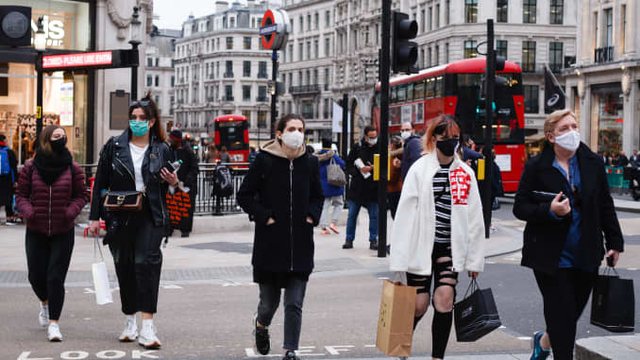
The World Health Organization (WHO) has said it is in "close contact" with UK officials about the emergence of a new variant of the coronavirus. The new variant is spreading faster than the original version, but is not believed to be deadly.
Large parts of south-east England, including London, are now below a new, stricter level of restrictions in an effort to curb the rapidly spreading virus. There is no evidence that the new variant responds differently to vaccines.
On Sunday, the Netherlands suspended passenger flights from England, due to the new variant. This measure will remain in force until January 1.
What do we know about the new version?
The UK was sharing information from ongoing studies regarding the mutation and that the WHO would update member states and the public. Prime Minister Boris Johnson said the new variant could be up to 70% more transmissible than the old one. But officials say there is no current evidence to suggest the new variant causes a higher mortality rate or that it is affected differently by vaccines and treatments.
Symptoms of the new type of coronavirus
It has exactly the same symptoms as the original variant, the NHS has confirmed. Regardless of whether a person is infected with the original Covid-19 or variant, he will still experience a persistent cough, loss of taste and smell, and a high fever. A persistent cough is classified as major cough for more than an hour or three or more coughs in any 24 hour period, while a high temperature would be above 37.8C.






